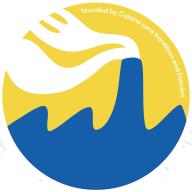General information
Are you passionate about environmental conservation and community engagement? Join our internship program and contribute to a project aimed at addressing beach pollution and promoting environmental awareness.
About the Project:
Our project focuses on combating beach pollution and raising awareness about environmental issues in our community. We believe that through collaborative efforts, we can make a positive impact on our local environment and inspire others to adopt sustainable practices.
Internship Responsibilities:
Assist in organizing and coordinating beach cleanup activities.
Participate in educational workshops and events centered around environmental awareness.
Collaborate with local stakeholders and organizations to enhance the project's reach and effectiveness.
Contribute to social media content to promote the project and its goals.
Help in the setup and management of recycling stations along the beach.
Qualifications:
Interest in environmental conservation and community involvement.
Strong communication skills and the ability to work well within a team.
Eagerness to learn and engage in hands-on activities.
Openness to working in a diverse and inclusive environment.
Basic understanding of environmental challenges is a plus.
Benefits:
Gain practical experience in environmental initiatives and community projects.
Develop communication, teamwork, and event coordination skills.
Network with professionals and organizations in the environmental field.
Make a meaningful contribution to local environmental conservation efforts.
Please note, that this is an internship for students or recent graduates. We prioritize those holding a grant (Erasmus+ or similar) or carrying out the internship as part of their studies.


